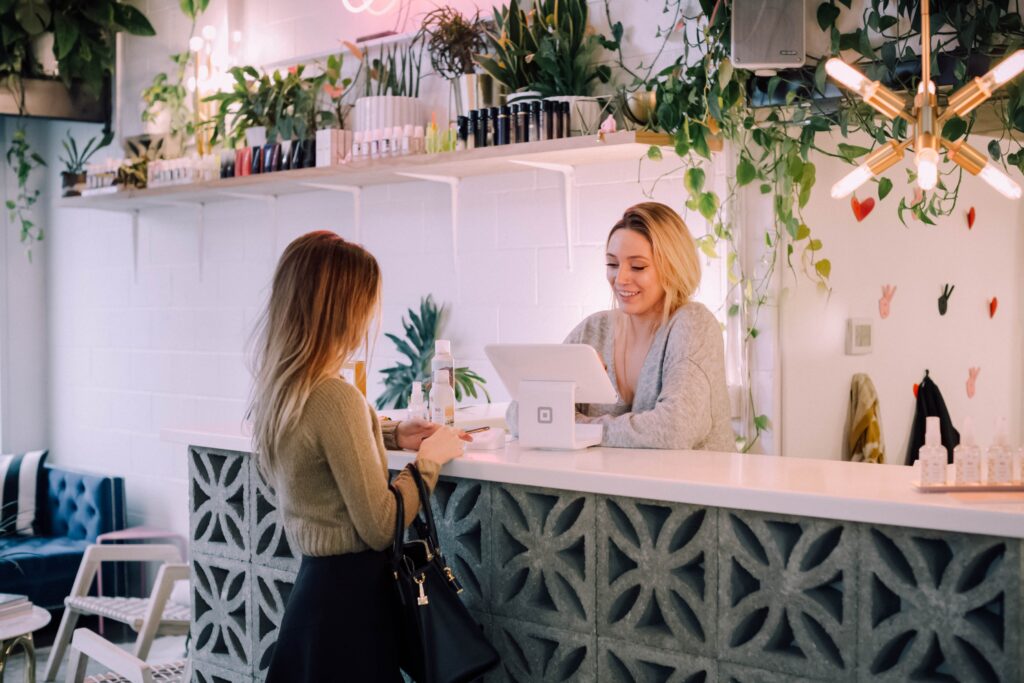
Indicators are showing positive signs of pick-up for the tourism industry, which is set to be fast-tracked following President Cyril Ramaphosa’s announcement that the country was placed on adjusted level 2 lockdown. Since the country was moved to adjusted level 3, local hotels have recorded a peak of 63% in August compared to 39% in lockdown level 4, which is set to improve as lockdown levels decrease.
This is according to Niels Verspui at RoomRaccoon South Africa, who celebrates the timing of adjusted level 2 lockdown and says that it couldn’t be better suited to coincide with National Tourism Month. “Now that the industry is placed in the spotlight and is opening up for business – hoteliers need to make hay (and bookings) while the sun shines.”
According to pre-Covid-19 statistics released by the World Travel & Tourism Council, the tourism industry generated more than US $200 billion in Africa, accounting for 6.9% of Africa’s GDP and supporting +24 million jobs. “This shows the potential that the industry has to offer for local hoteliers, and it is vital that they are supported to operate at full capacity in the near future,” adds Verspui.
“This can be made possible as more locals embark on staycations and people both locally and abroad receive their COVID-19 vaccinations, meaning sooner than later South Africa will become a popular tourist destination once again,” he says. “However, while we are still operating alongside the pandemic, the main aspects that a traveller looks for are value, economic stability, transparency in bookings, and flexibility of hospitality properties.”
With this in mind, Verspui provides three tips to assist hoteliers as they gear-up for an increase in business:
- Enable flexible rates: Considering the current uncertainty, travellers are now looking for flexibility and are willing to make last-minute bookings as the situation evolves. For example, it was reported that more than 90% of recent trips in China were booked within seven days of the trip itself. To accommodate this, hoteliers should extend their cancellation policies flexibility to one day before arrival or even the day of arrival.
- Offer the non-refundable alternative: Offering a lower non-refundable option with a different rate than the flexible one allows hoteliers to reach more customers. As traveling for business continues during these volatile times, travellers may prefer to have the booking payment handled by their company and a non-refundable rate would be more appealing.
- Update rates and availability for the next 12 months: Even though we are still experiencing a great deal of uncertainty, data by Vacaay has indicated a 520% increase in Europeans adding South Africa to their upcoming travel itineraries. It’s for this reason that hoteliers should update their rates and availability for the next 12 months so that it will be visible on all their potential customers’ searches. Additionally, hoteliers can set up an automated system to increase rates when demand increases.
To meet the growing number of travel guests during these uncertain times, Verspui points out that local hoteliers are continuing to search for innovative technology and hotel management software to bolster their bottom line and increase online visibility.
“As the world continues to combat COVID-19, it is now more important than ever for local hoteliers to prepare for business to boom. It is also vital to implement ways to streamline operations and boost profit now, and in the future. The adjusted lockdown level 2 during South Africa’s Tourism Month is just the beginning of good things to come,” concludes Verspui.

